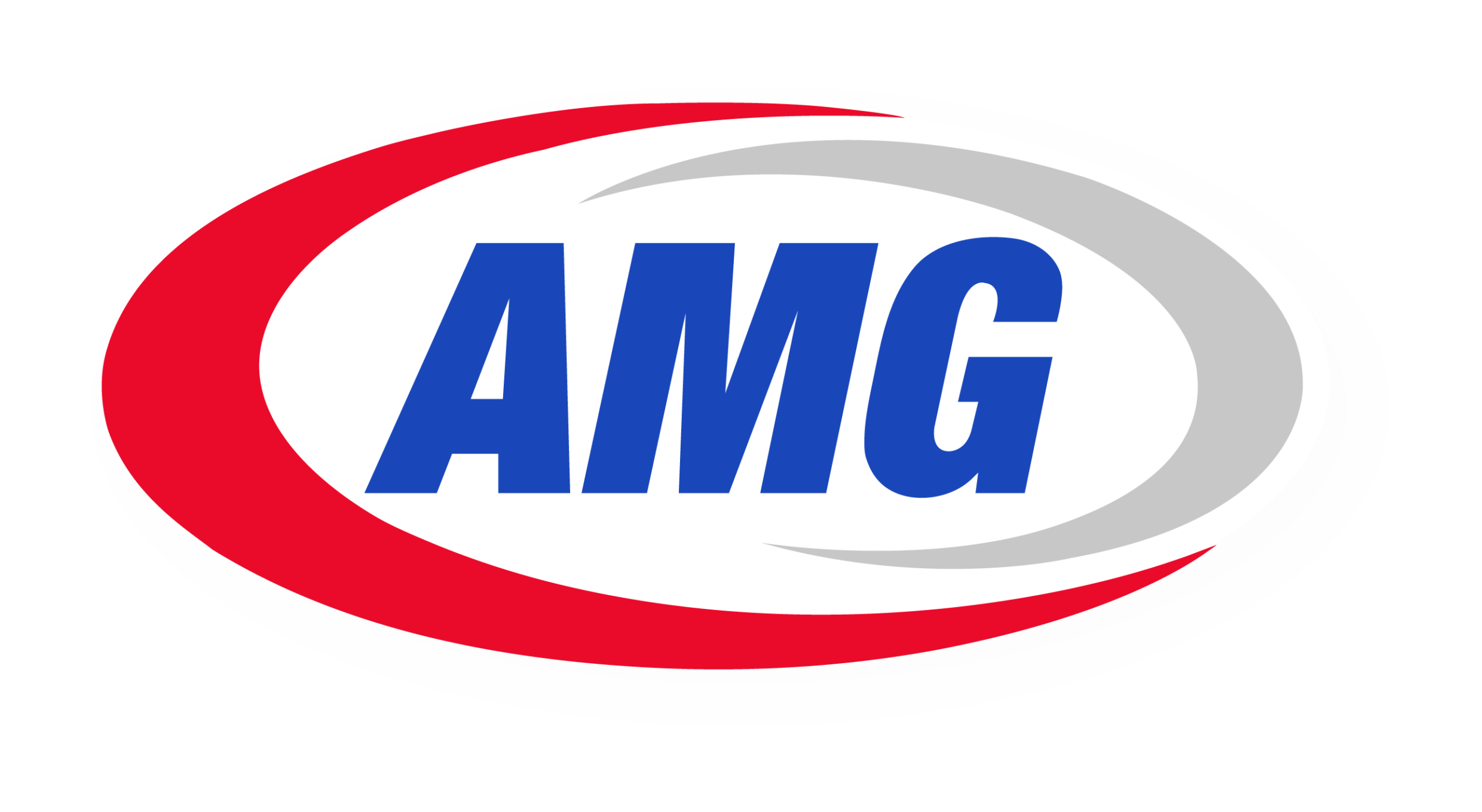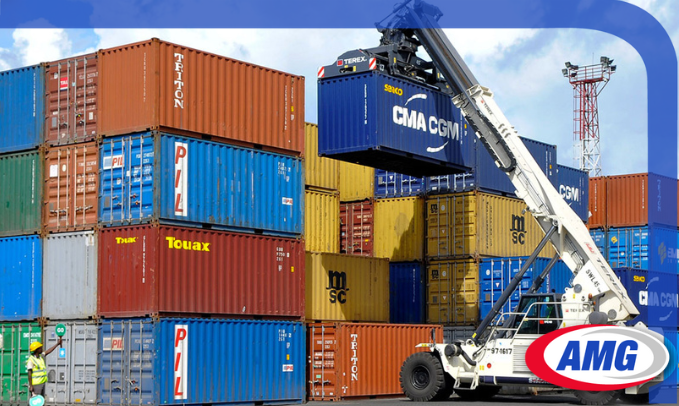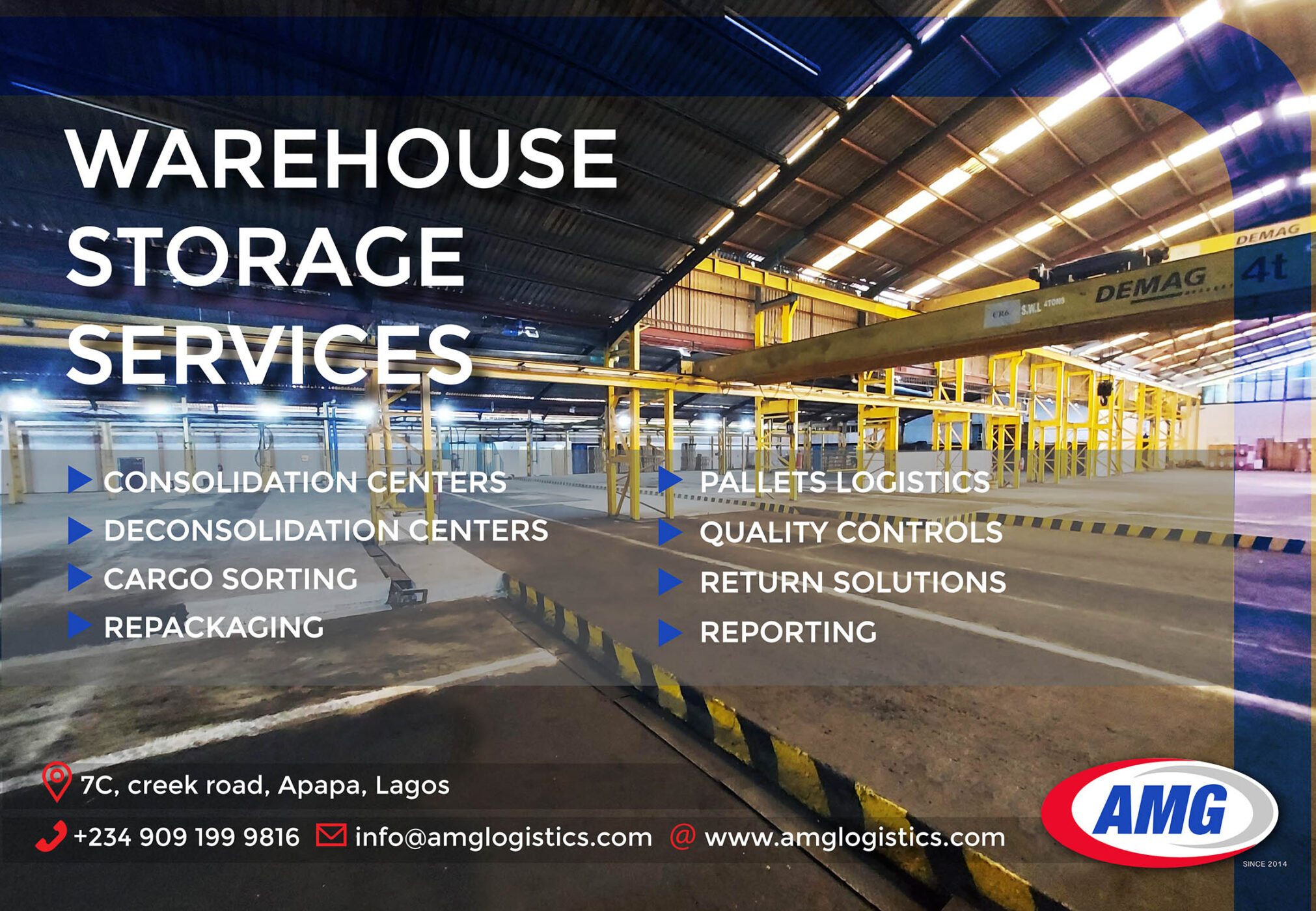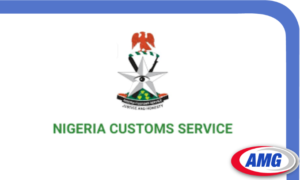In this piece, ANOZIE EGOLE looks at the benefits of engaging licensed customs agents in cargo clearance
The Nigerian maritime sector is filled with many surprises, especially in cargo clearance. It is an industry where someone with little or no knowledge of cargo clearing can engage in the business because he or she has an uncle or someone who feeds him through a bill of lading.
With a bill of lading, a quack clearing agent could go to the port to clear goods. This is part of the reason there seem to be a lot of issues and hindrances in the cargo-clearing process at the country’s seaport. Aside from the infrastructural and policy challenges the government is tackling, this has been one of the major challenges bedevilling cargo clearing in the country.
Although the handing over of the port terminals to concessionaires in 2006 has to some extent streamlined the procedures for accessing the ports and made it a bit difficult for an unlicensed customs agent to access the port, some quacks still slink in.
Time-saving
A customs broker usually knows the process of clearing and forwarding. He knows who and where to go to get the job at a particular point in time. However, a tiro agent will spend more time trying to go through the clearing process because he is unfamiliar with it. This will prolong the time your cargo would have taken to leave the port.
A licensed agent, who has been doing the business for a long time already, has an idea of the things he or she is expected to provide while clearing a particular consignment. What is required to clear a vehicle, for example, might be different from what you need to provide to clear other goods.
Cargo safety
Engaging a customs broker would ensure the safety of your imported goods. In a case where there is an issue with the consignment, the licensed agent would be responsible pending when he or she produces the importer.
The importer remains liable for all duties owed until either the importer or the agent pays them, except the importer has an agreement with his or her licensed agent to make the payment on his or her behalf.
Note that importers and exporters who use licensed customs agents are responsible for the accuracy and completeness of import and export documentation. This includes any penalty that may be issued for non-compliance.
Another licensed agent, Mary Igoche, asserted, “Dealing with a custom licensed agent or agency can offer several benefits. Licensed agents are more accountable and reachable by the importers because the agencies were registered under the Corporate Affairs Commission and the Nigerian Shippers Council. Most agencies are also registered under a known body in the industry. This makes the importer’s consignment and money 90 per cent secured, like dealing with street agents.”
Compliance
Engaging the services of licensed customs agents would help you, as an importer or exporter, easily meet the requirements of customs because they usually work closely with the service and help guide their clients through the clearance processes.
The good side of the whole thing is that licensed customs agents can operate at all customs offices and ports in Nigeria.
One good thing about dealing with a licensed customs agent is that whenever there is an infraction on his or her part, his or her licence could be withdrawn or suspended. No agent would like to have his or her licence withdrawn or suspended, so he or she is always ethical.
For example, in 2017, the NCS, led by Col. Hammed Ali (retd), threatened to block agencies’ licences whose addresses could not be located during the 2017 inspection exercise.
The service directed that affected clearing agents should report to the controller inspection office at the NCS’ headquarters with evidence of the existence of their office accommodation.
The NCS noted that 61 agents had addresses that could not be traced.
Also in 2016, customs threatened to block 243 agents for infractions on duty payment, among others. These are part of the measures the service takes to punish erring licensed agents, but it would be difficult to punish unregistered agents because there is nothing at stake.
Igoche explained, “License agents are the forerunner of facilitating trade through efficient customs clearance processes. Dealing with a customs license agent exposes the importer to various aspects of the maritime industry, including shipping, logistics, import/export regulations and updated customs procedures.
“Licensed customs agents interact and have access to various stakeholders in the industry, including high-ranking customs officers, freight forwarders; shipping companies, etc.”
He added that licensed agents have valued network systems in the industry that aid them in delivering their services efficiently.
Agents speak
Some agents opined that insisting that one must be licensed before engaging in cargo clearance would lead to massive job loss. They lauded the management of the NPA for coming up with the policy that only licensed agents with tags can access the terminals.
A customs agent, Mr Johnpaul Ejiogu, said, “The importance of using licensed customs agents who are professional for cargo clearance can’t be overemphasised. In a sane clime, clearing and freight forwarding work is professional work and should be done by professionals. But because of this kind of environment, people feel that as long as you can get an importer to give you a Bill of Lading to work on, you are qualified to be addressed as a licensed customs agent.
“A licensed customs agent knows his or her licence is at stake, so the person would be very careful not to involve himself in anything that would put this licence at risk of being blocked. These are ways of checkmating infractions in the clearing processes.”
He reiterated that, though streamlining processes and bringing professions on board was key, not allowing trained agents who may not be licensed to practice would lead to massive job loss.
“I believed so much in streamlining processes and bringing on board professionals to do the job to enthrone discipline. But I also believe there is a need to do something with human face. Some agents here at the ports do not have licences and the few ones with licences can’t do all the run around required for cargo clearance alone.
“What I think they should do, which the management of NPA had adopted, is restrict movement at the ports and terminals. This has to a reasonable extent reduced the level of vandalism in the terminals,” he noted.
In Ejiogu’s view, the government should limit unlicensed agents’ access to the terminals and some other sensitive places.
“But if you reduce the entire process to only licensed agents, there would be massive job loss,” he argued.
Also, the Youth Leader of the Tincan Island Chapter of the Association of Nigerian Licensed Customs Agents, Sikiru Remilekun, expounded, “Being a licensed agent in the maritime sector is very important because that is the only practitioner that the government recognises but the irony of it is that the majority of the clearing agents now don’t understand what it takes to be a licensed agent.”
Remilekun blamed high cost as the reason some importers prefer to use unlicensed agents.
“Ironically, the majority of importers fail to understand this because they believe non-licensed agents are smarter in dealings than licensed agents because of price differences. At the end of the day, the majority of them absconded due to one issue or another with no traces because they were not licensed.
“But that can’t happen to a duly licensed agent because he/she will be properly and would be straightforward in dealings with the importers; they have names and dignity to protect, they are traceable, and they all have offices. You can’t go to the station and find out that a duly licensed agent is found in the cell or prison because of infractions in the cause of clearing,” Remilekun explained.
He advised clearing agents to, as a matter of urgency, get their businesses duly registered.
“My advice to my colleagues is to try to be licensed or be fully registered under a licence because, by doing so, you will have recognition from the NCS and other government agencies in the industry,” he claimed.





